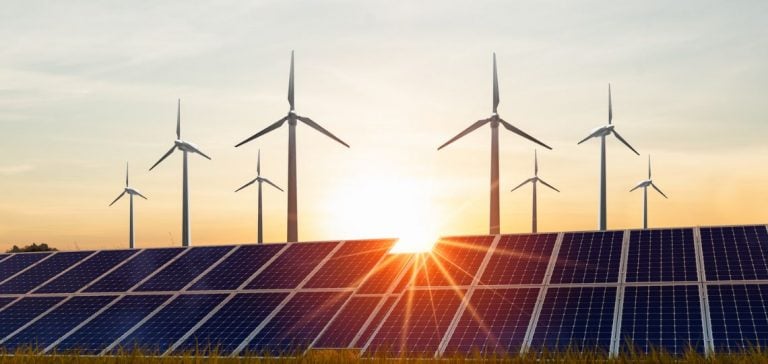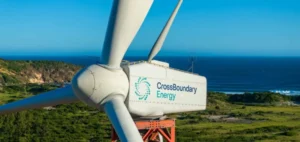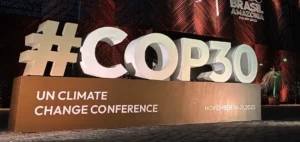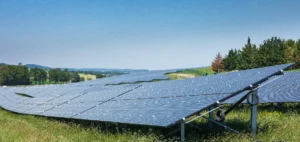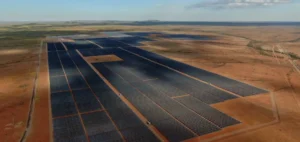Energy companies and major industrial consumers are urging governments to meet their COP28 commitments to triple global renewable energy capacity by 2030. These commitments, made at the Dubai summit, are seen as essential to maintaining a sustained pace of decarbonization in the years ahead.
Meeting these targets will require not only accelerated investment, but also stronger public policies.
On the sidelines of United Nations Climate Week in New York, representatives of the energy sector are calling on states to include quantifiable renewable energy targets in their national climate plans to be submitted to the UN in February 2025.
The absence of such targets would jeopardize the commitments made and risk slowing down efforts to reduce greenhouse gas emissions.
This pressure on governments is designed to ensure that the promises made at COP28 do not remain mere declarations of intent.
Investment needed to support growth in renewable energies
One of the key points raised during these discussions was the need for increased investment in renewable energy infrastructure and technology.
Companies such as Vestas and Iberdrola, as well as major energy-consuming industrial groups, stressed the importance of investing massively in solar, wind and hydroelectric projects to enable a rapid energy transition.
These companies emphasized that, without robust financial support, the 2030 targets cannot be met.
The question of public and private investment is therefore central.
Governments must define incentive-based legislative frameworks to attract private investors to renewable energy projects, while developing public support programs.
This includes tax measures, direct subsidies and financing facilities for infrastructure projects.
A transition that also relies on innovation
In addition to investment, the energy transition also requires ongoing innovation.
Improved energy storage technologies, for example, are essential to maximize the use of intermittent renewable sources such as solar and wind power.
The ability to efficiently store and redistribute energy generated during periods of high production is critical to balancing power grids.
Advances in green hydrogen and high-capacity batteries could play a key role in this transition.
These technological innovations must be accompanied by an acceleration in their adoption to meet the growing needs of industries and consumers for clean energy.
In addition, further efforts are required to improve the efficiency of power grids and distribution systems to avoid energy losses.
Political and regulatory obstacles
Although the technological and economic outlook is encouraging, energy companies point to political and regulatory obstacles to this rapid transition.
Slow authorization processes for new projects, regulatory discrepancies between countries, and grid planning issues are holding back the development of the energy infrastructure needed to meet the 2030 targets.
These issues need to be resolved quickly to enable more effective deployment of renewable energy projects.
What’s more, some nations are struggling to define coherent national strategies, slowing down investment and project implementation.
Without close collaboration between governments and the private sector, targets for tripling renewable energy capacity risk being compromised.
Global governance and climate change
In speeches delivered on the sidelines of the United Nations General Assembly, UN Secretary-General António Guterres stressed the need to strengthen global governance to coordinate climate action.
In particular, he stressed the need to overcome divisions between nations in order to tackle energy transition issues collectively.
International cooperation is a key factor in accelerating the development of the necessary infrastructure, particularly in developing countries, which are often more vulnerable to energy crises.
International financial institutions, such as the World Bank and the International Monetary Fund (IMF), also have a major role to play in this dynamic, by facilitating access to financing for renewable energy projects in these regions.
Energy transition, a global challenge
The transformation of the energy sector is now a priority issue for many countries and companies.
The success of this transition will depend on governments’ ability to establish coherent policies, invest in infrastructure and support technological innovation.
Tripling the world’s renewable energy capacity by 2030 is a realistic ambition, but one that depends on rapid, coordinated mobilization of all players.


